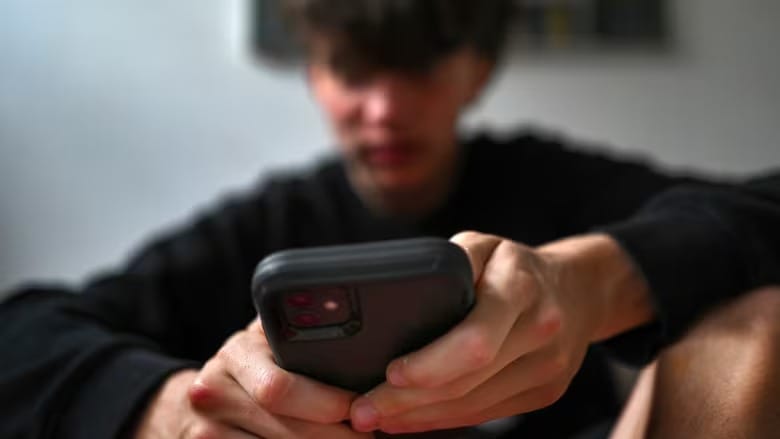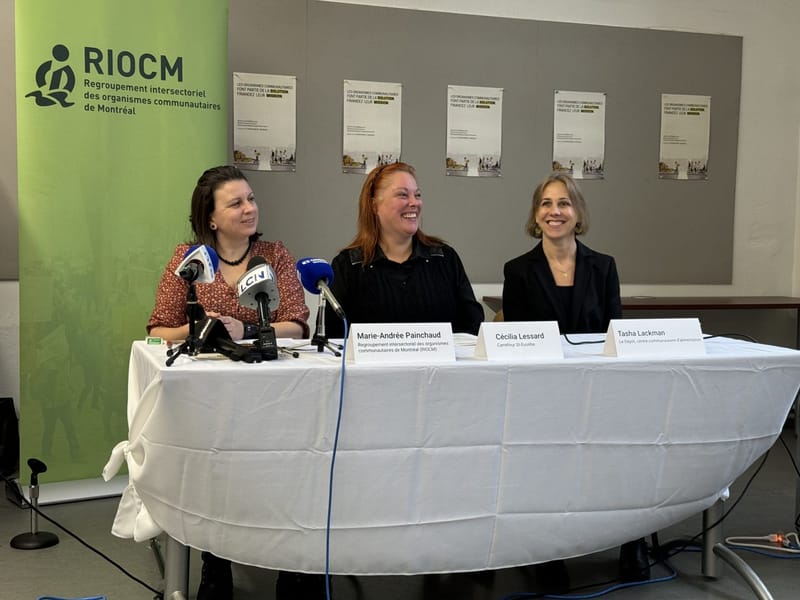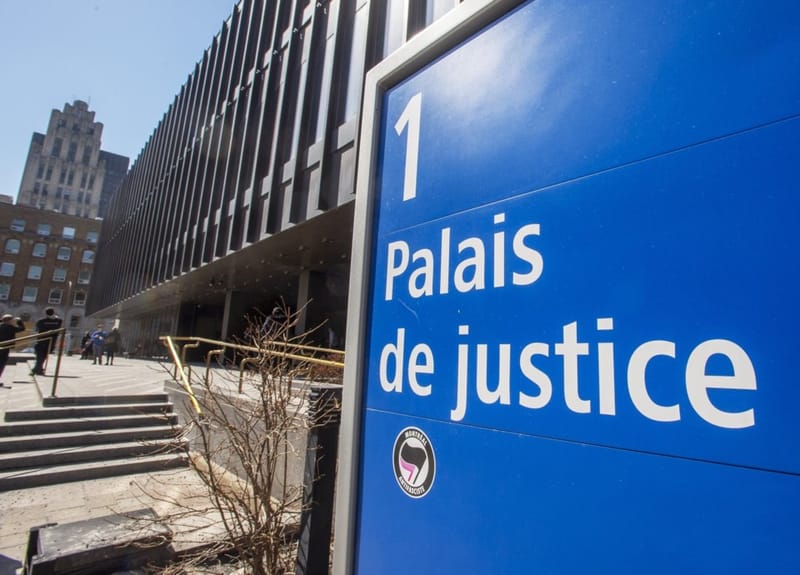As Australia moves to ban social media for children, Quebec weighs following suit
Some experts say ban would be difficult to enforce, could do more harm than good


As Australia prepares to enforce a ban on social media usage for children under 16, Quebec is deliberating on whether to implement a similar measure.
Earlier this year, Quebec's provincial government decided to explore the possibility of setting a minimum age for social media accounts. This initiative followed a campaign by the youth wing of the governing Coalition Avenir Québec (CAQ). However, discussions in a committee tasked with examining the issue have revealed divided opinions. While some experts argue the ban could be challenging to enforce and might lead to unintended negative consequences, others support the move.
Australia recently became the first country to pass a law prohibiting social media access for those under 16. This legislation, approved by its Senate, aims to address the mental health challenges associated with social media use among young people. Under the new law, platforms like TikTok, Facebook, Snapchat, Reddit, and Instagram face fines of up to $45 million if they fail to prevent users under 16 from creating accounts.
Aurélie Diep, president of CAQ's youth wing, welcomed Australia's decision. “We were happy to see this measure approved by the Australian government. It gave us hope for what we proposed,” she said, describing it as “very positive news.”
In Quebec, debates over screen time and social media restrictions are not new. The province has already prohibited cellphone use in classrooms and restricted screens in daycare for children under two. A special commission has been established to assess the impact of screen time and social media on youth, which includes the possibility of enforcing a minimum age for social media access.
Initially, Quebec Premier François Legault dismissed the idea of setting a minimum age for social media, a proposal introduced by the opposition Parti Québécois earlier this year. However, his stance shifted following an open letter by Diep advocating for the ban. This led to the creation of a committee to study the broader effects of screen use among young people.
Aurélie Diep, now 22, shared her personal experiences with social media, which she began using at 14 or 15. She recalled how some peers encouraged her to join platforms earlier by falsifying her age. Social media platforms like TikTok and Facebook currently set the minimum user age at 13. Diep highlighted the impact of social media on sleep and focus among youth, saying, "In the evening, before I go to bed, I say to myself, 'One last look at Instagram,' and then I might spend an hour on it."
Recent survey results indicated that 71% of Quebec adults support a ban on social media accounts for minors. The special committee studying the matter recently completed visits to 18 schools, where they gathered opinions from students. Amélie Dionne, a CAQ legislator chairing the committee, noted that while many young people expressed support for such restrictions, they also admitted to lying about their age to access social media. "The big observation we made from this tour is that young people want supervision," Dionne stated.
Nevertheless, concerns remain. Some experts have argued that a ban could exacerbate isolation for vulnerable youth who rely on online communities for social support. Emmanuelle Parent, co-founder of an organization promoting healthy online habits, pointed out that such measures might not effectively address issues like cyberbullying.
Enforcing the ban also presents challenges, particularly with age verification. Sara Eve Levac, a lawyer with a consumer rights organization, emphasized privacy concerns, stating, "There is currently no miracle solution for how to verify a child's age to access digital platforms." Diep suggested parental validation as one possible method to ensure compliance.
Quebec's special committee plans to explore enforcement mechanisms more closely in early 2025, with a final report expected by May of that year. In Australia, social media platforms will have a year to devise ways to enforce the ban before penalties are implemented. An evaluation of age-verification technologies is set to conclude in mid-2025.
Meanwhile, Quebec continues its broader efforts to regulate screen time. The province banned cellphones from classrooms in January, and discussions about further restrictions on device usage in schools remain ongoing.






